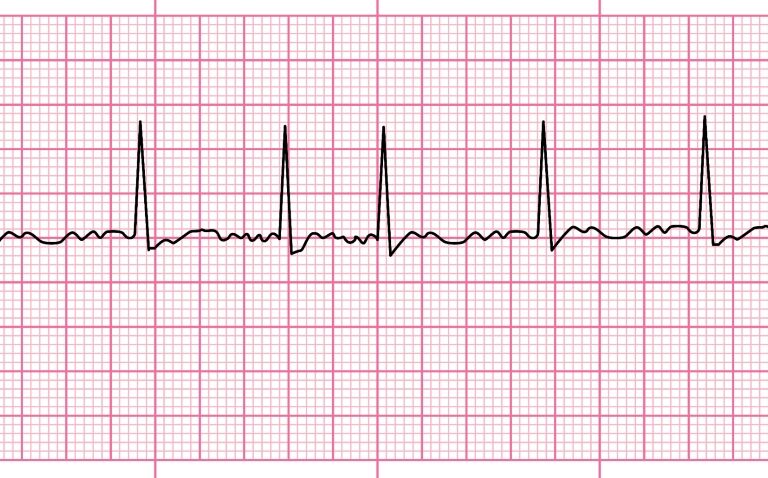Researchers have identified that a particular gene highly over-expressed in macrophages during atrial fibrillation (AFib) could serve as a future therapeutic target.
AFib leads to disrupted contraction of the atria, increasing the risk of both a stroke and heart failure. Now, a research study led by investigators at Massachusetts General Hospital (MGH) and published in the journal Science, shows that macrophage immune cells appear to have an important role in the development of AFib.
Their study was able to decipher how immune and stromal cells contribute to the arrhythmia. The team compared atrial tissue from patients with and without AFib and developed a mouse model of AFib which integrated hypertension, obesity and mitral valve regurgitation (HOMER) in which these cellular and transcriptomic changes were recapitulated.
Macrophage gene expression in atrial fibrillation
Using single-cell transcriptomes from human atria, researchers found inflammatory monocyte and SPP1+ macrophage expansion in atrial fibrillation. In addition, gene expression analyses showed that, in both human and mouse hearts, the SPP1 gene is highly over-expressed in macrophages during AFib. The gene produces a protein called SPP1 protein which promotes tissue scarring and is elevated in the blood of patients with AFib. In contrast, in the HOMER mice model, there were a reduced numbers of atrial macrophages when SPP1 was absent.
Through the use of cell-cell interaction analysis, it was revealed how SPP1 provided a pleiotropic signal that promoted atrial fibrillation through cross-talk with local immune and stromal cells. Moreover, the deletion of SPP1 in HOMER mice reduced AFib, which suggests that SPP1+ macrophages could serve as a target for immunotherapy in patients with atrial fibrillation.
Commenting on the research, senior author Matthias Nahrendorf from Massachusetts General Hospital, said: ‘We found that recruited macrophages support inflammation and fibrosis, or scarring, of the atria, which hinder electrical conduction between heart cells and lead to AFib. Inhibiting macrophage recruitment reduced AFib.
‘We think that this research lays the groundwork for immunomodulatory therapy of AFib, and we are currently working on several strategies to make this happen.‘










